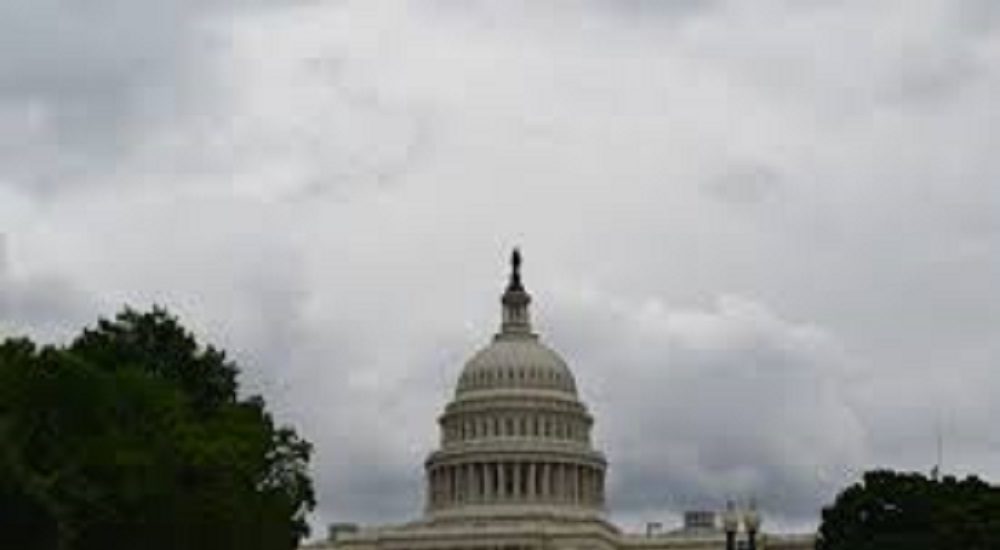Why Repealing the 17th Amendment is a Great Idea
Yesterday, on the heels of Obamacare being cemented for what seems like the hundredth time, former Arkansas Governor Mike Huckabee tweeted his support for repealing the 17th amendment.
The 17th Amendment, for those who don’t know (and because I want to keep you on my article instead of looking up other things, of course) was ratified in 1913 and established the direct election of Senators by popular vote, doing away with about 120 years of Senators being chosen by state legislatures.
I disagree with Governor Huckabee in a sense, because supporting the repeal of a Constitutional amendment because an issue persists in not going our way is simplistic and petulant. That said, I have long supported doing away with the 17th Amendment, and I’m glad to see the question getting more attention.
Let’s go back to the beginning and discuss why Senators weren’t elected by the people to begin with.
Our system of government, as you may have heard, was initially designed to reflect both the will of the people directly by way of the House of Representatives, whereas the Senate was to represent the interests of state governments at the federal level. Of course, the people weren’t totally disregarded in the process, as they elected the state legislators who in turn chose Senators.
In support of this original design, James Madison stated in the Federalist #62 that, “It is recommended by the double advantage of favoring a select appointment, and of giving to the State governments such an agency in the formation of the federal government as must secure the authority of the former, and may form a convenient link between the two systems.”
Supporters of reform, William Jennings Bryan among them, were rightfully concerned about deadlocked legislatures and corruption. Since Article 1, Section 3, made no explicit provision as to how the states were to conduct the entire process of choosing Senators, some states instituted a system in which the people voted in primaries which committed their legislatures to vote for the winner to become a Senator. For some, this didn’t go far enough, and they were finally able to get their way in 1913 with the ratification of the 17th Amendment.
It is my view that such a measure was completely short-sighted and blatantly contradictory to the form of government that was designed at the outset, that being a very careful balance of power between the federal and state governments. Indeed, it has made having a bicameral legislature in Washington redundant, and undermined the notion of federalism itself.
That said, I’d like to present a few ideas of how to address this issue instead of simply bemoaning the fact that the current system is less than ideal:
1. Simply Repeal the 17th Amendment: This is, of course, my favorite option. It returns power to the state governments as was originally intended, which should be enough reason to support the idea. What’s more, it would encourage greater turnout in elections for state legislatures. Consider the fact that in 2015, when control of the State Senate was at the top of the ballot and every seat in the House of Delegates was on the line, turnout in Virginia was only 29.1%. Turnout in the most recent Senate election in 2014 was almost 42%. Not great, but turnout was better than in 2015. If the person representing their state in the U.S. Senate depended upon who was in power in Richmond, Trenton, or elsewhere, the average voter may pay more attention to those legislative elections which currently only draw about one-third eligible voters to the polls.
2. Make Congress a Unicameral Legislature: I actually hate this idea, but let’s explore it anyway. If the upper and lower chambers of Congress redundantly just represent the people in general and the state governments are not specifically represented, what is even the point of having both? Yes, I’m aware that the Constitution allots certain powers to the House and others to the Senate, but these are in conjunction with them representing different constituencies, with only one being directly elected by the people. What’s more, the idea of a unicameral legislature isn’t as outlandish as it may sound. Indeed, the State of Nebraska has just such as system (and non-partisan elections). Surely a similar solution would be workable at the federal level.
I’m sure people reading this may have other ideas, and I’d be interested in seeing them in comments. But if we are ever to get back to a system of government that is truly Federalist in nature, it is time to take the direct election of Senators away from the people and to return to a process that combines the voice of the people (who elect their state’s Delegates/Senators) with the proper representation of state governments at the federal level.


